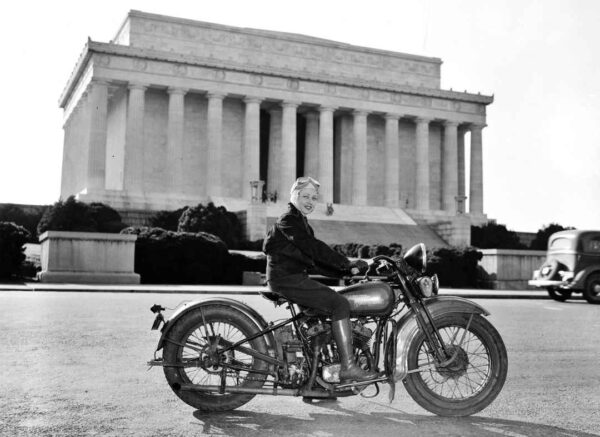Notice from the Federal Government
from Jay Jackson, MRF, with images from Sam Burns Establishment of the Motorcyclist Advisory Council (MAC) NHTSA announces the establishment of MAC for a 2-year period. The MAC will coordinate with and advise the Secretary of Transportation, the NHTSA Administrator and the Federal Highway Administration (FHWA) Administrator on transportation issues of concern to motorcyclists, including: […]
Notice from the Federal Government Read More »

